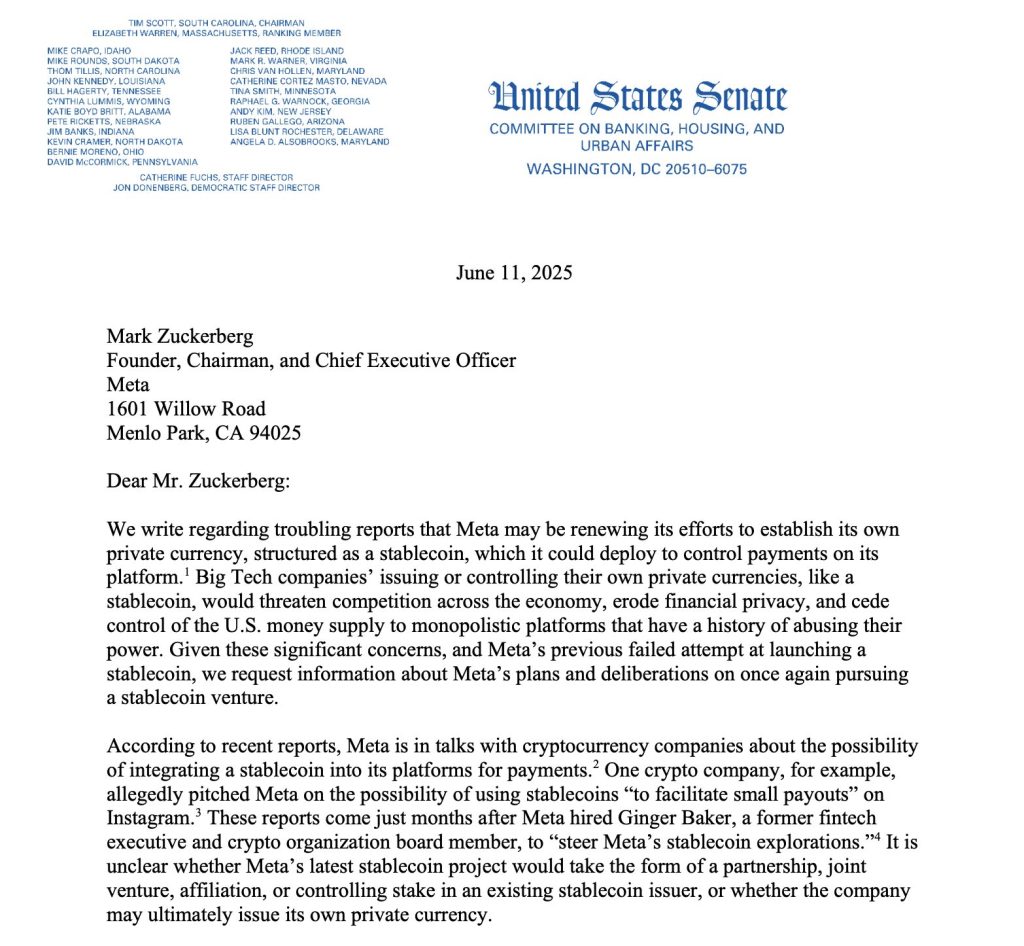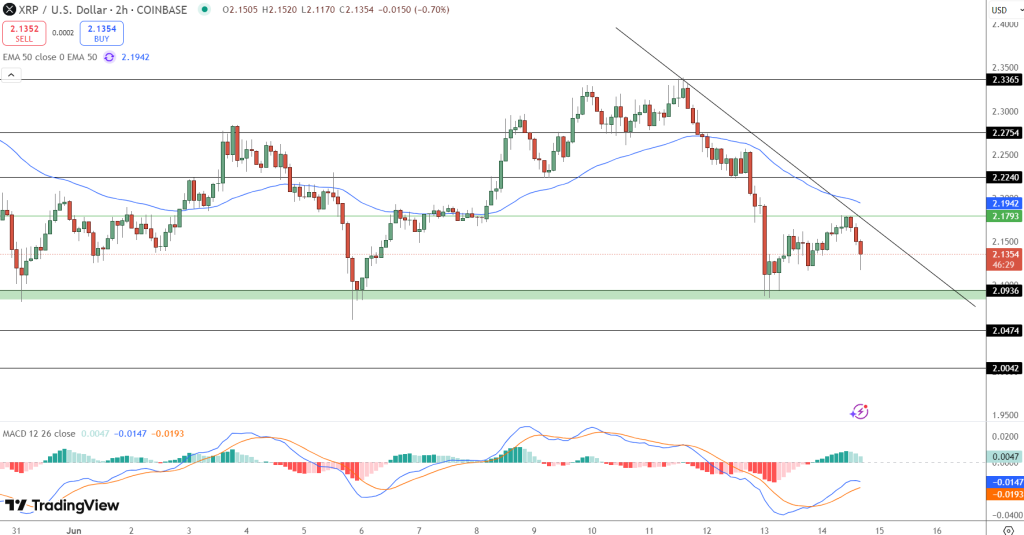Unlock the Editor’s Digest for free
Roula Khalaf, Editor of the FT, selects her favourite stories in this weekly newsletter.
EU leaders plan to approve Ursula von der Leyen for a second five-year term as president of the European Commission on Monday evening, as the bloc’s capitals choose continuity over change amid the war in Ukraine, tensions with China and political uncertainty in key countries.
The heads of the EU’s 27 member states will use a private dinner in Brussels on Monday evening to give political backing to von der Leyen remaining in office, diplomats and officials from across the continent said, ahead of a formal rubber-stamping later this month.
“Nobody is discussing any other outcome,” said a senior EU diplomat who has spent the past week in discussions with key capitals. “For her, the die is cast.”
Von der Leyen would then need to win a majority of the newly elected European parliament to remain as the EU’s most powerful official through 2029, running the bloc’s executive branch with the power to regulate the world’s largest single market, propose new legislation and steer the continent’s policy direction.
Her supporters are quietly confident of securing parliament’s assent, given the victory of her centre-right European People’s Party (EPP) in the EU elections this month, and the majority held by centrist parties in the chamber despite a surge in support for the far right.
Von der Leyen is respected for her leadership of the EU through the Covid-19 pandemic and the bloc’s response to Russia’s full-scale invasion of Ukraine. But she has irked some capitals and many in her own commission with her centralised decision-making and a record of pushing the limits of her institutional powers.
Her campaign stressed the value of stability, and played up the dangers of a change in leadership given the war in Ukraine and the uncertainty in the US-EU relationship that would result from a potential Donald Trump victory in US elections in November.
Her supporters have reinforced that message in the light of the political chaos unleashed in France by President Emmanuel Macron’s decision to call a snap election — a move that startled EU allies who worry about the future influence of the far-right in Paris.
Monday’s private dinner will also feature discussions on who to select for president of the EU Council — the official who chairs meetings of bloc leaders — and for high representative, the bloc’s chief diplomat.
Officials said Portugal’s former premier António Costa was the clear frontrunner for the former, succeeding Charles Michel, while Estonia’s Prime Minister Kaja Kallas was the most likely choice for the latter, taking over from Josep Borrell.
They cautioned, however, that on the eve of the meeting, neither choice was as definite as von der Leyen.
Von der Leyen, a former German defence minister who was an unheralded choice for the post in 2019, received a boost last week from the bloc’s three most powerful members — France, Germany and Italy — offering their tacit acceptance at the G7 summit.
Following the summit on Italy’s Apulian coast on Friday, French President Emmanuel Macron and German Chancellor Olaf Scholz said they believed a deal would be struck at Monday’s dinner, while Italian Prime Minister Giorgia Meloni said she believed the EPP had the right “to propose a commission president”.
The private dinner has been arranged as a prelude to a formal summit on June 27 and 28 at which a final agreement is due. A parliamentary vote on the next commission president is set for the week of July 15.
“Everyone wants to use [Monday] night to send a crystal clear message . . . so there’s no doubt over what the final decision will be,” said a second senior EU diplomat involved in the negotiations.
Credit: Source link











